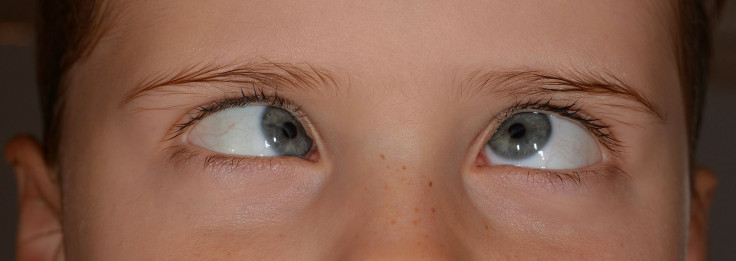4 Eye Care Habits To Protect Your Vision And Eye Health

Your eyes are the window to your soul, so maybe that’s why they are so sensitive. Our peepers are prone to infection, injury, and numerous other perils. The good news is there are easy ways to protect them, from pupil to retina.
Throw shade
Sunglasses are both stylish and good for your eyes, as many of them block ultraviolet rays that could cause cataracts. With cataracts, the clear lens of the eye slowly becomes cloudy, impairing vision. The American Academy of Ophthalmology says “direct sunlight hastens their formation,” so wearing sunglasses is a key preventative measure. Sunglasses also protect the retina, the light-sensitive tissue at the back of the eye, as well as the “delicate eyelid skin to prevent both wrinkles and skin cancer around the eye, and both cancerous and noncancerous growths on the eye.”
Read: 5 Contact Lens Mistakes That Damage Your Eyes
Keep it clean
Washing your hands before you touch your eye is an obvious way to promote cleanliness, as you avoid putting germs from your fingers — and therefore everything you have touched recently — directly into your eyes. Applying makeup can also present a hazard that can be mitigated. According to Fox News, bacteria “can thrive in mascara, so toss the tube after three months.” Eyeliner is a similar breeding ground of bacteria, although it has a much easier fix: sharpening the pencil regularly. But be careful when drawing liner behind the eyelashes, as it “can block the oil glands, which protect your eyes’ surface,” Dr. Ruth D. Williams, a former president of the American Academy of Ophthalmology, told Fox News.
Eat right
The National Eye Institute says diet plays a role in eye health, and not just carrots: “Eating a diet rich in fruits and vegetables, particularly dark leafy greens such as spinach, kale, or collard greens is important for keeping your eyes healthy.” There is also a benefit from eating fish like salmon, tuna and halibut, because of the omega-3 fatty acids. While eye health is not directly connected to obesity, there is an indirect link there as well, because overweight people are more likely to develop diabetes, which in turn can contribute to eye health problems like glaucoma, which involves damage to the optic nerve.
Read: Look Into Hillary Clinton’s Eyes
Look away
Staring at a screen on a constant basis is a good way to strain your eyes — which can affect vision and cause headaches — and start blinking in an unnatural pattern, causing a dry eye and irritation. Both the National Eye Institute and the American Academy of Ophthalmology recommend something called the 20-20-20 rule, which means every 20 minutes looking away at something 20 feet away for 20 seconds. Fox News notes that many experts recommend keeping computer screens at least an arm’s length away from your face, and 16 inches for handhelds. Tilting a screen so that you have to look down at it may also help, as it exposes less of the eye’s surface.
Published by Medicaldaily.com



























